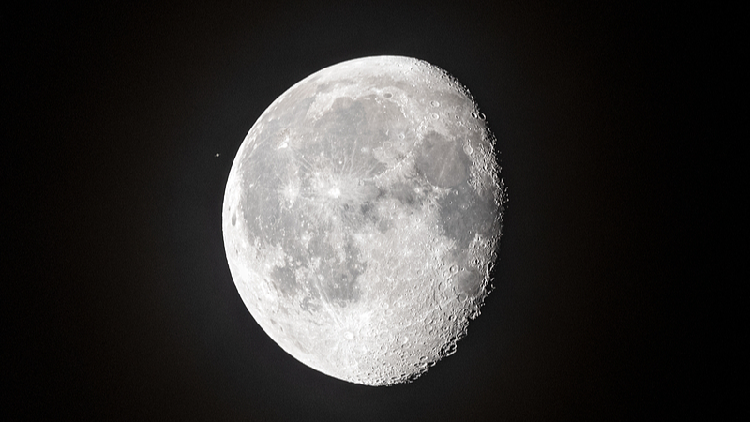Chinese researchers release initial study analyzing samples from the moon's far side
Chinese researchers have released a groundbreaking paper detailing the analysis of samples from the lunar farside, marking a significant advancement in lunar science. This publication represents a pivotal step in our understanding of the Moon's geological history and its formation processes.

The article, titled "Nature of the lunar farside samples returned by the Chang'E-6 mission," details the physical, mineralogical, petrographic, and geochemical properties of the samples.
The researchers discovered that the soil samples from Chang'e-6 have a lower density compared to earlier samples, suggesting a more porous and loosely structured composition. Notably, the plagioclase content in the Chang'e-6 samples is significantly higher than that of the Chang'e-5 samples, whereas their olivine content is notably lower.
Additionally, the study found that the lithic fragment samples from Chang'e-6 are predominantly made up of basalt, breccia, agglutinate, glasses, and leucocrate.
The geochemical analysis reveals that the concentration of trace elements such as thorium, uranium, and potassium in the Chang'e-6 lunar samples differs significantly from those collected during the Apollo missions and the Chang'e-5 mission.
Investigating these samples will aid in understanding critical aspects of lunar science, including the moon's early evolution, differences in volcanic activity between the nearside and farside, and the impact history of the inner solar system, according to the research.
This study is conducted by a group of leading Chinese researchers in space science, including Li Chunlai from the Chinese Academy of Sciences, Hu Hao, the chief designer of the Chang'e-6 mission, and Yang Mengfei from the Beijing Institute of Spacecraft System Engineering.
Launched on May 3 and returning on June 25, China's Chang'e-6 lunar probe brought back 1,935.3 grams of samples, marking the first time in human history that samples from the far side of the moon have been collected.
Mathilde Moreau contributed to this report for TROIB News
Discover more Science and Technology news updates in TROIB Sci-Tech












